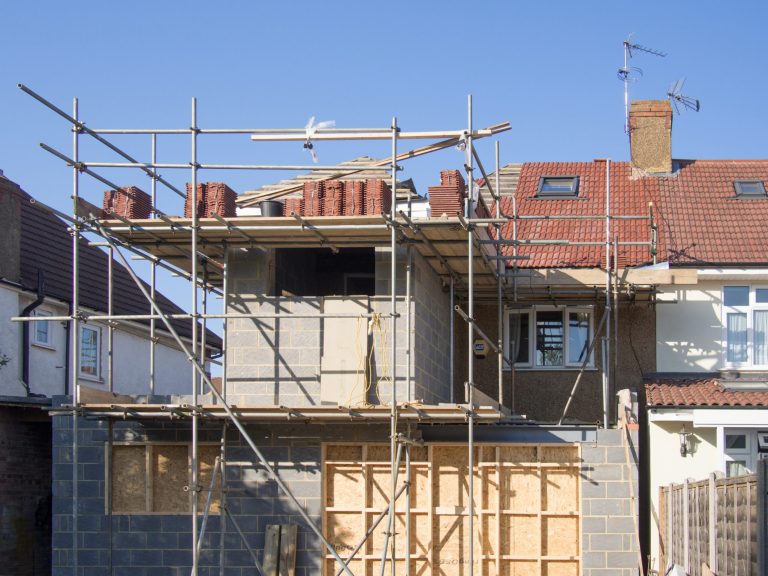Real estate article series Part 6: Legal pitfalls of buying a newly built Real Property
In fact, it is relatively easier to buy a second-hand property than a property that is still under construction, because you can see an older property as it is, whereas a newly built property, it may not even be finished upon signature of the contract. This is essentially an assumption of risk on the part of the buyer, as any defects or deficiencies in the Real Property may become apparent much later.
In Part 6 of our series of articles on Hungarian Real Estates, we briefly list the most important things to bear in mind when buying a newly built Real Property.
1. It is advisable to check the building (construction) company, which in many cases is also the seller
If the company concerned is subject to liquidation or enforcement proceedings, it is not advisable to enter into a contract with them, as there is a good chance that it is in debt to one or more claimants/creditors, which may ultimately pose a problem for the sale or transfer of possession.
2. Check the title deeds of the land on which the new residential building will be built
This is to clarify the identity of the seller and whether there are any encumbrances on the land. If there are encumbrances, the seller will be obliged to ensure that the buyer subsequently acquires title free of encumbrances, but it may be worthwhile to use a lawyer from the beginning of the whole process. To help you understand the contents of the title deed, we recommend Part 1 of our Real Property article series.
3.
Clarification is needed on exactly what is included in the purchase price (e.g. whether or not it includes certain technical contents)
4. Preliminary agreement and the conclusion of the final contract
Until the Real Property is built and registered in the Land Registry, we cannot acquire ownership of it, but we can settle our intention to enter into a final contract at a later date by means of a preliminary contract, which essentially lays down in advance all the essential elements (payment of the purchase price, transfer of possession, force majeure, possibility of contract modification, deposit, penalty, etc.) that will be included in the final contract. The essence of the preliminary contract is therefore that the parties commit themselves to the essential terms on which they will conclude the final contract at a later date. The terms and conditions included in the preliminary contract can be enforced by judicial process in the same way as if it were an obligation in the final contract.
5. Authorization to use and transfer of possession
It is also essential to be aware of when a newly built Real Property is ready for occupation and when the buyer can take possession of it, i.e. when he can use it and when he has to bear the costs of its use. The legal use of the constructed residential building is only possible on the basis of a legally valid occupancy permit, which the builder must obtain and which the seller must provide to the buyer in a credible manner.
* * *
If you are considering buying a newly built Real Property, please contact our office. We will assist you in the complete management of your real estate purchase transaction (from making an offer to purchase, preparing and submitting the preliminary and final contract, and registering the title with the land registry), whether it is a sale or purchase by a private individual or a company.
Authors:

dr. Farkas Szabolcs László

dr. Bajcsay Gergely
Please note that the general information provided in this article is for informational purposes only and does not constitute legal advice. We do not assume any liability for any misinterpretation of the above information or for any changes in the law that may have occurred in the meantime. If you have a specific question or legal problem, we are able to provide individual advice after consultation with our office and after a full investigation of the case.


